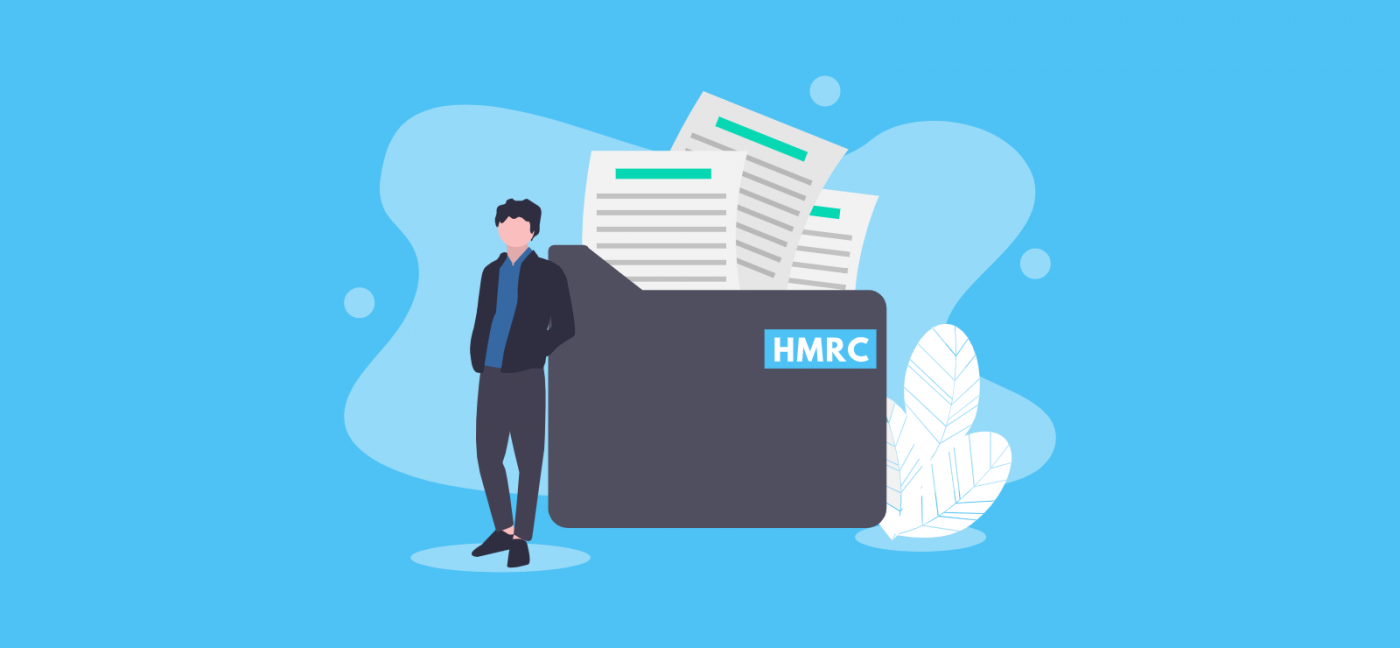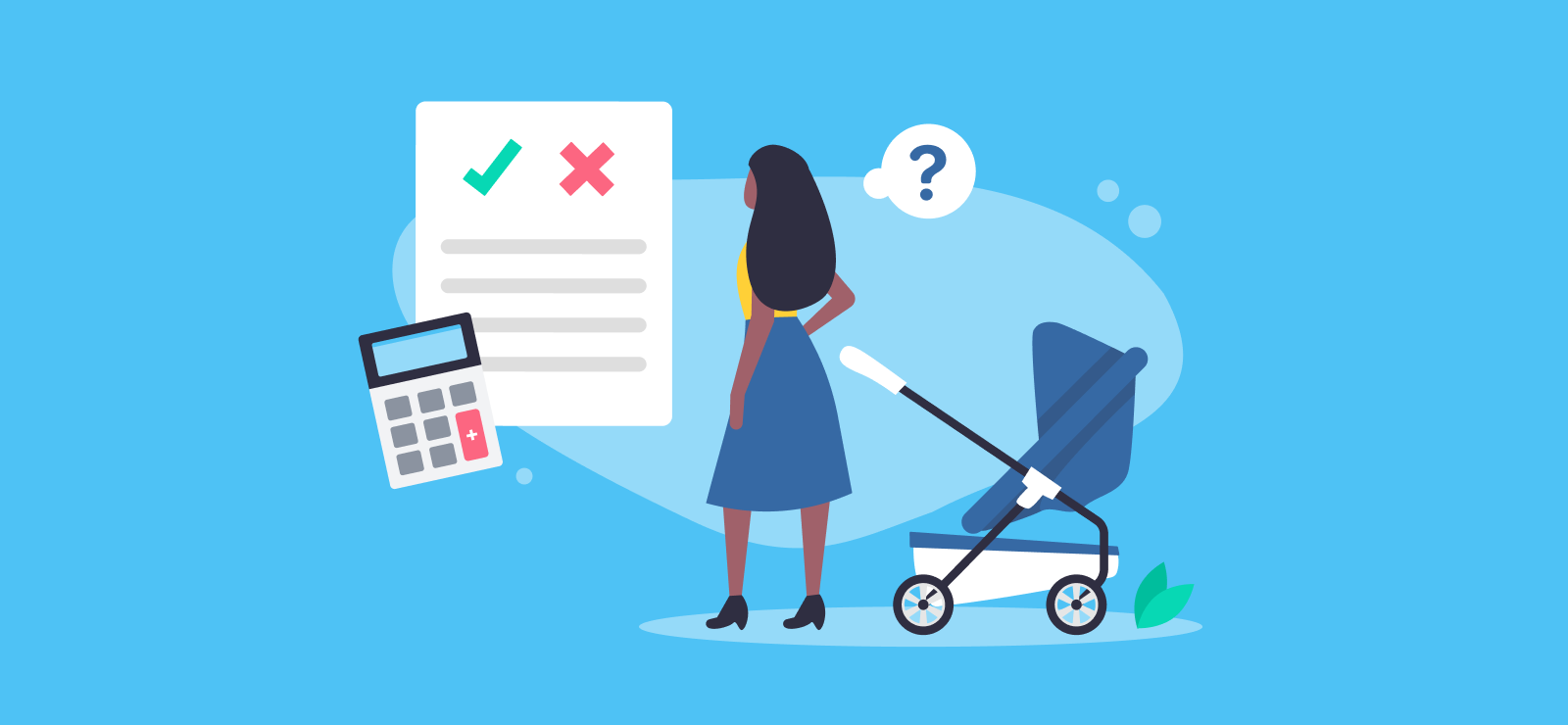

Common Tax Return Errors and How to Avoid Them
If you’re self-employed or have other undeclared income, such as from renting out property, you’ll need to submit Self Assessment tax returns. This can be a little daunting, especially if you haven’t done one before, and the fact that mistakes can lead to hefty fines and penalties, even if the mistake was totally innocent.
Unfortunately, errors on tax returns can be all too easy to make, so in this guide we go over some of the most common ones that we see (and how to avoid them or put things right).
Missing tax deadlines
There are certain fixed deadlines throughout the year you need to be aware of here. Most people file their tax return online, but some people still go down the paper route.
- The deadline for submitting a paper return is 31st October following the end of the tax year which it relates to
- If you’re filing online, the deadline for submission is 31st January following the end of the tax year
So, a tax return for the 2024/25 tax year must be submitted online by 31st January 2026, but a paper return should be submitted by 31st October 2025.
If you don’t submit your tax return before the deadline, HMRC will consider it to be a late submission, and penalties will apply.
Our tip? Set reminders! In several different places if you need to. As well as helping you to get your return in on time, there are other benefits for submitting sooner rather than later.
Forgetting about Payments on Account
If your tax bill is more than £1,000, you’ll need to make an advance payment towards next year’s bill. Known as making Payments on Account, the advance payment is worked out by halving this year’s bill, so it can be a pretty nasty shock if you weren’t expecting it.
Misplacing your Unique Taxpayer Reference (UTR) number
When you sign up for Self Assessment, HMRC will send you a Unique Taxpayer Reference (UTR) number. You need this to complete your tax return in order for HMRC to identify your tax records correctly.
Your UTR should be kept safe, but don’t worry if you lose it! It’s normally shown on previous tax returns, or you could sign in to your Personal Tax Account. If you’re still stuck, use HMRC’s general enquiries page to get in touch for a reminder or a replacement.
Not claiming allowable expenses
Businesses pay tax on the profits that they make, not the total income, so deducting allowable business expenses ultimately lowers your tax bill.
Some people are nervous about claiming tax relief on their expenses, or they’re not too sure what they’re allowed to include. Do some research, or check in with an accountant or reliable advisor, just don’t miss out!
Incomplete or missing information
Good record-keeping is essential for filling out your tax return accurately, but we all know that life happens and sometimes things get lost.
Obviously, the best solution is pre-empting this with robust bookkeeping processes (or a time-machine to nip back before that receipt goes in the washing machine). Failing that, don’t give up hope.
If your paperwork turns up later, you can adjust your tax return for up to one year after the submission deadline has passed. Just be aware that this is definitely a last resort though.
Forgetting to sign and date your paper tax return
Completing your tax return online is the quickest, easiest, and most secure way of doing things. If you do decide to submit your tax return on paper, don’t forget to sign and date it before submission.
It sounds obvious, but many people forget to do this every year and it’s a simple mistake to make. A photocopy won’t work either, it needs to be original.
Entering the wrong figures
Make sure you enter in all your numbers correctly, as it’s so easy to make a mistake or even a simple typo. While HMRC won’t usually issue a penalty if you’ve taken ‘reasonable care’ in completing your return, it really isn’t a risk worth taking. Those typos can get expensive!
When you complete your tax return online, many of the calculations will be done for you, but you’ll still need to double-check everything – final responsibility lies with you, even if you use an accountant.
Not declaring payments into your pension
If you make any private pension contributions during the tax year, these need to be declared too. Not only is this key information for your tax return, but you’ll also get tax relief on any contributions that you make.
Forgetting to include supplementary pages
Any untaxed income that hasn’t been declared in your main tax return needs to be included in supplementary pages. This would include things like:
- Income from share schemes or property
- A life insurance pay-out
- Earnings from overseas that you’ve already paid tax on, or that aren’t taxable in the UK
- Post cessation receipts
- Loss relief claims
- Certain employment deductions
- Stock dividends, non-qualifying distributions, or close company loans written-off
- Compensation payments or other lump sums from your employer
- Information about any bonuses or benefits-in-kind (sometimes known as benefits in kind)
- Taxable lump sums from pension schemes based overseas
- Age-related Married Couple’s Allowance claims
- Other tax reliefs that haven’t already been included
This is just a small list of the most common ones and isn’t exhaustive. Again, these are quite complex topics which is where an accountant can really help.
Not keeping proper records
Keeping up-to-date, accurate records is essential. It makes it far easier to complete your tax return correctly, and you can use this data throughout the year to monitor your finances and make more effective business decisions.
We go into more detail about records you might need for Self Assessment in our Tax Return Checklist, or take a look at our bookkeeping guide to learn more about keeping financial records.
Not learning lessons for next year
Your tax return is finally done, and it’s so tempting to simply kick back and forget about it until next year. But there are still things you can do to make the process that bit smoother next time (you’ll thank yourself later).
First off, consider putting any investments into an ISA. This can be more tax-efficient, plus you won’t need to declare it as UK income or pay Capital Gains Tax next time round.
Think about upping your pension payments too if you can. This could help reduce your tax bill in addition to making things financially easier later in life. Bear in mind though that pension rules can change often so it all depends on your circumstances. Generally, you won’t be able to access any money you’ve contributed to your pension until you reach 55 (57 from 2028). It’s worth seeking advice from a regulated financial advisor if you’re not sure.
One final tip for next year is to consider putting all your pensions, savings and investments together in the same place. It keeps things simple with less paperwork and can make it easier to see where tax efficiencies can be made.
However, you may need to pay exit fees or lose certain benefits in doing this, so again it’s worth speaking to a professional before you decide. Everyone’s situation is slightly different here, so don’t attempt to go it alone if you’re not clear. But a bit of advance preparation before your next tax return is due can go a long way.
What should I do if I make a mistake on my tax return?
Any mistakes on your tax return can be corrected, usually up to 12 months following the submission deadline. It’s known as ‘making an amendment’.
For example, you have until 31st January 2026 to file your tax return online for the 2024/25 tax year. Once you hit submit, you can then make an amendment up until 12 months after the deadline (the deadline, not the date you submitted) – so 31st January 2027.
The fact is that filing tax returns isn’t the most fun activity in the world but getting it right is really important. That’s why hiring an experienced accountant makes sense, even if you’ve filed several times before. Not only can accountants give you that extra peace of mind, but they can also find ways to (legally) reduce your tax bill as far as possible. Because let’s face it, in these tricky financial times nobody wants to pay more than they have to.
Getting your tax return right first time can save you a serious financial headache later on. Talk to one of our team and call 020 3355 4047, and get an instant online quote.
Want to learn more?
Subscribe to our newsletter to get accounting tips like this right to your inbox

Read more posts...

The Accountancy Partnership – Our Positive Reviews
16th February 2026We’re proud of our customers’ reviews here at The Accountancy Partnership The reviews we receive from our customers show how hard we…
Read More
Maternity Pay for Self-Employed People
15th February 2026As a self-employed person you might be eligible to get Maternity Allowance payments for up to 39 weeks. It’s different to Statutory…
Read More
National Insurance for the Self-Employed
14th February 2026If you work for your own self-employed business, then you may need to pay National Insurance on the profits that you earn….
Read MoreConfirm Transactions
The number of monthly transactions you have entered based on your turnover seem high. A transaction is one bookkeeping entry such as a sale, purchase, payment or receipt. Are you sure this is correct?
Please contact our sales team if you’re unsure
VAT Returns
It is unlikely you will need this service, unless you are voluntarily registered for VAT.
Are you sure this is correct?
Call us on 020 3355 4047 if you’re not sure.
MTD IT Quarterly Updates
Your final, end of year MTD Income Tax submission is included in your fee.
You can submit the quarterly updates yourself using Pandle, or alternative bookkeeping software (which we recommend).
However, if you would prefer us to submit these updates, there is an additional fee of £35.00 per month.
Call us on 020 3355 4047 if you’re not sure.
Bookkeeping
You will receive our bookkeeping software Pandle for free, as part of your package.
You can use this to complete your own bookkeeping, or we can provide a quote to complete your bookkeeping for you.
Please select and option below:
Call us on 020 3355 4047 if you’re not sure.

